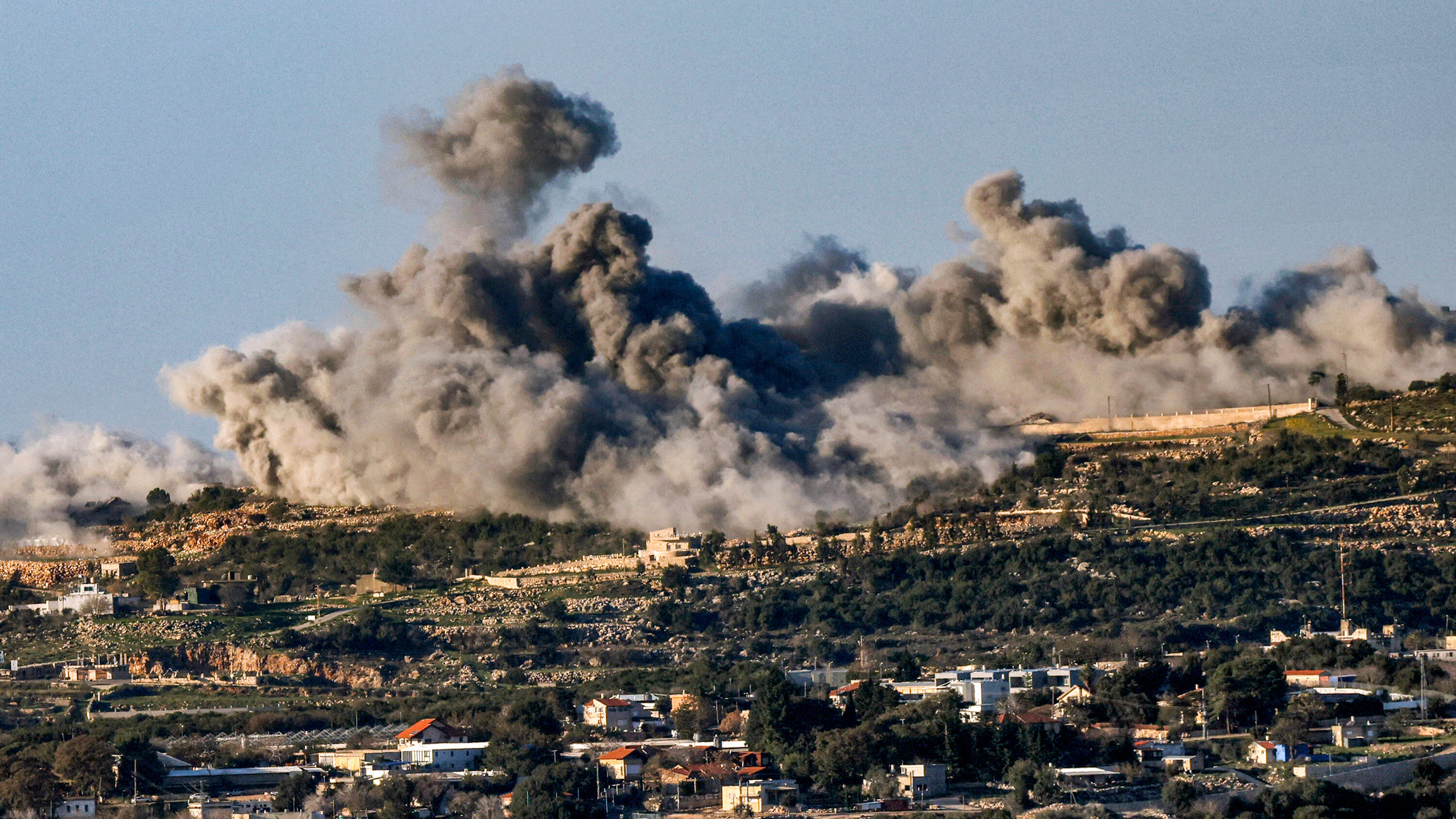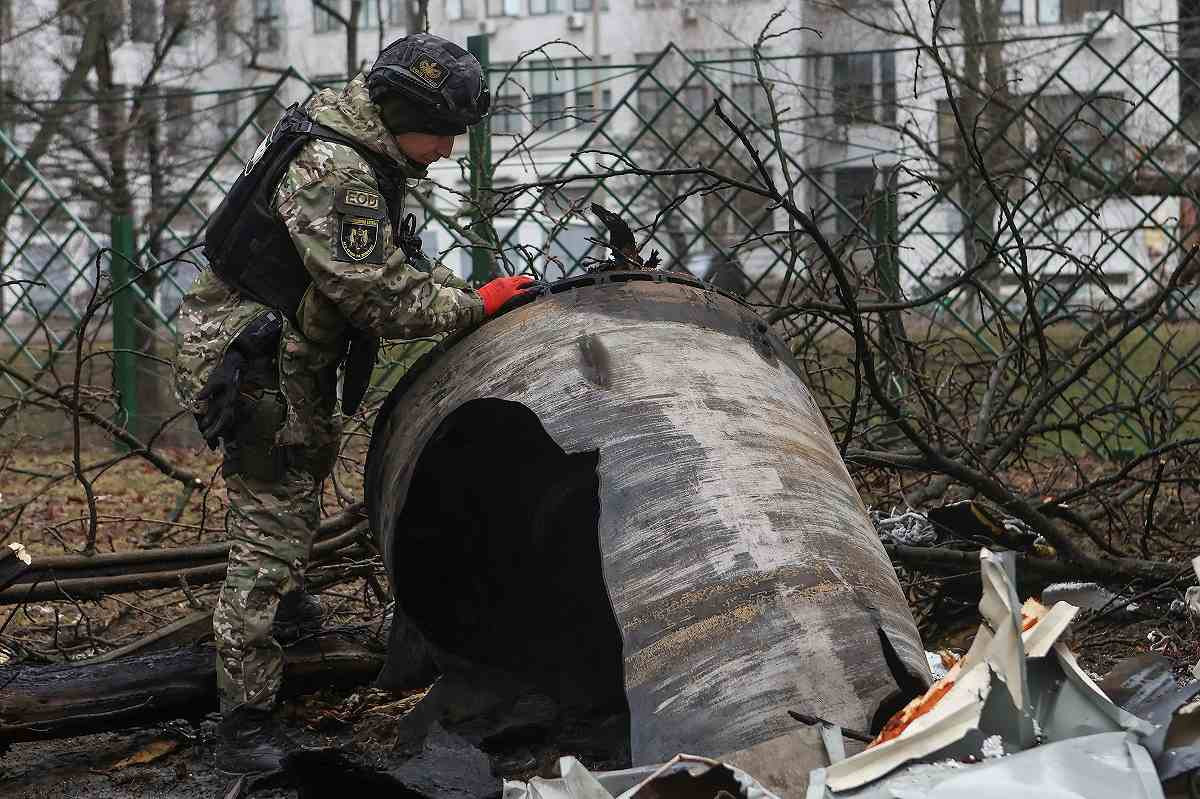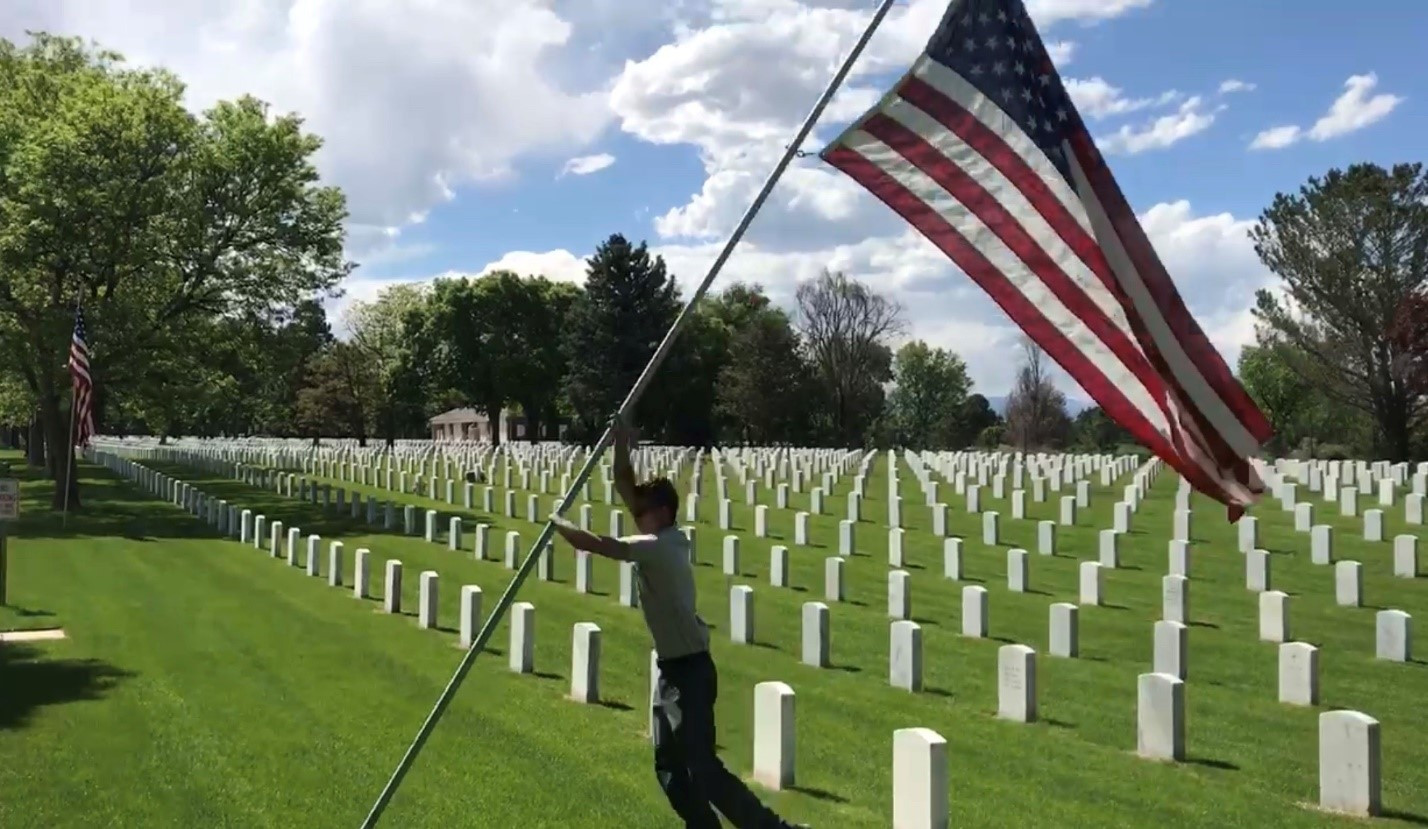Israel-Hezbollah Conflict: A Devastating Exchange
The escalating conflict between Israel and Hezbollah continues to claim lives and devastate communities. Recent days have witnessed a dramatic surge in violence, with devastating airstrikes targeting densely populated areas in Beirut and retaliatory rocket attacks launched by Hezbollah against Israeli cities. The intensity of the fighting comes despite ongoing US-mediated efforts to secure a ceasefire.
Devastating Airstrikes in Beirut
On Monday, November 18th, 2024, Israeli airstrikes struck the heart of Beirut, Lebanon, causing significant casualties and widespread destruction. The strikes targeted Zoqaq al-Blat, a densely populated area near key government buildings, including the Lebanese parliament and the prime minister's office. The Lebanese Health Ministry reported at least five deaths and 24 injuries, though the true number may be higher, due to the significant damage to buildings and the frantic search for survivors. The Israeli military has not yet commented on the strikes. However, reports indicate that a significant amount of infrastructure was destroyed. The attacks raise concerns about the potential targeting of civilians and the deliberate placement of Hezbollah infrastructure within heavily populated residential zones, a tactic widely condemned by international observers. Many areas in central Beirut, including Zoqaq al-Blat, have become a refuge for approximately 1 million people displaced by the ongoing conflict in southern Lebanon and Beirut's southern suburbs. The unfortunate location of the strike near a Shia mosque further complicates the situation. The lack of prior warning heightened the devastation and prompted swift international condemnation. This was not an isolated incident. The previous day, a strike in the Ras el-Nabaa area claimed the life of Hezbollah media spokesperson Mohammed Afif and six others. A separate strike in Mar Elias also resulted in four fatalities.
Hezbollah's Retaliation and Civilian Casualties
In response to the Israeli airstrikes, Hezbollah launched dozens of rockets into northern Israel. One rocket attack on the city of Shfaram tragically killed a woman and wounded 10 others. This highlights the devastating impact the conflict has on civilians on both sides of the border. The ongoing exchange of fire raises concerns about the safety and security of civilians, particularly as both sides continue their offensive operations and show no signs of wanting to end the conflict. It is important to note that both Hezbollah and Israeli forces are accused of using civilians as human shields.
Ongoing Ceasefire Negotiations and International Involvement
Amidst the escalating violence, the United States continues its efforts to broker a ceasefire. The proposal reportedly involves the withdrawal of Israeli ground forces from Lebanon, a significant repositioning of Hezbollah forces away from the border, and the establishment of a buffer zone under the supervision of the Lebanese army and UNIFIL peacekeeping forces. These proposed measures are aimed at ensuring the protection of civilian lives and reducing the risk of further escalation.
A Western diplomat expressed “cautious optimism” regarding the negotiations, but stressed that a final agreement remains contingent on the willingness of both parties to compromise and cooperate. This fragile optimism is shadowed by Israel's insistence on maintaining the right to take military action against Hezbollah if necessary, a demand that the Lebanese side is unlikely to accept. This stalemate underscores the complexity of the situation and the challenges in achieving a lasting peace.
The Human Cost: A Look at Casualties
The human cost of this conflict is staggering. Lebanon’s Health Ministry reports over 3,500 deaths due to Israeli fire, while Israel has confirmed 77 deaths, including 31 soldiers, due to Hezbollah projectiles and ground offensive. The casualties on both sides emphasize the urgent need for a cessation of hostilities to prevent further loss of innocent lives. The rising death toll from this conflict calls for an immediate end to this needless violence and for the warring parties to prioritize the safety of their citizens.
The Funeral of Captain Yogev Pazi
The funeral of IDF Captain Yogev Pazi, killed in Gaza, serves as a poignant reminder of the human cost of this protracted conflict. His death underscores the deep impact this war has on individuals and their families on both sides of the border. Such losses fuel the cycle of violence, further highlighting the necessity for diplomatic resolution and a lasting peace agreement. The ongoing conflict has had dire consequences on families who are victims of the ongoing war.
Israel's Ongoing Military Operation and Strategic Goals
Despite the ongoing ceasefire negotiations, an Israeli government spokesperson has stated that its military operation in Lebanon will continue. Israel's stated aim is to dismantle Hezbollah’s weapons production and storage capabilities, citing these as a direct threat to Israeli security. However, the devastating impact of the airstrikes on civilian infrastructure raises significant concerns about the proportionality and legality of the military actions. This assertion only complicates the peace process and creates further tension between the parties involved. The use of military force as a strategic approach should only be the last resort.
A Shadow of Uncertainty
The future remains uncertain, yet the immediate imperative is a cessation of hostilities. A lasting solution necessitates international collaboration, a commitment to de-escalation from both sides, and a genuine effort to address the root causes of the conflict. There is need for peaceful negotiation to resolve this conflict for the sake of the citizens of both countries involved.
The current situation is deeply concerning, necessitating immediate diplomatic intervention. Only through dialogue and compromise can a sustainable peace be achieved. The well-being of the innocent civilians caught in the crossfire should be at the forefront of any negotiation. The continuous engagement of both sides is crucial for a lasting peace in the region.

















